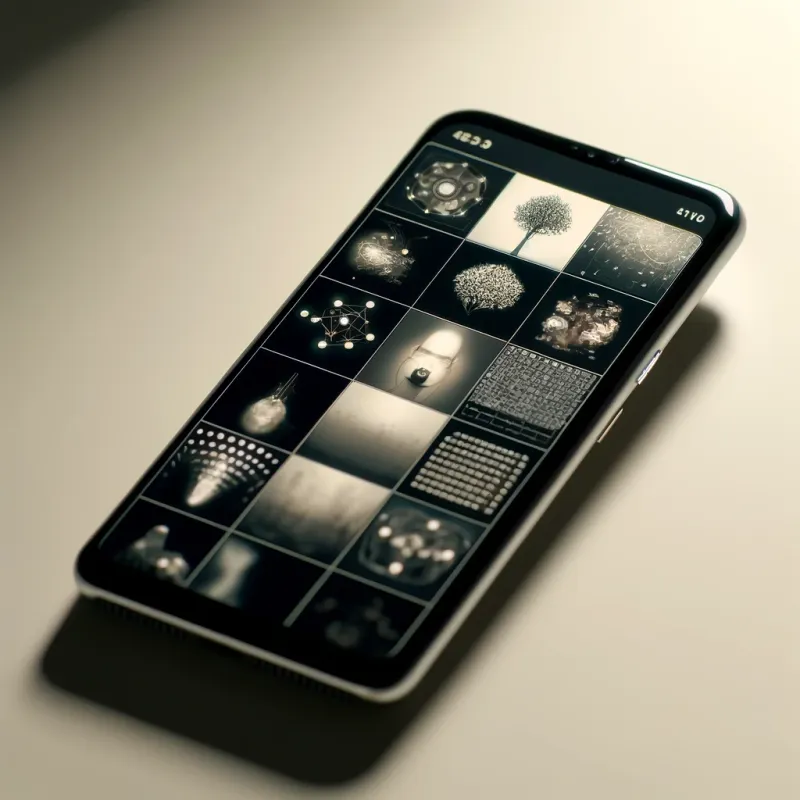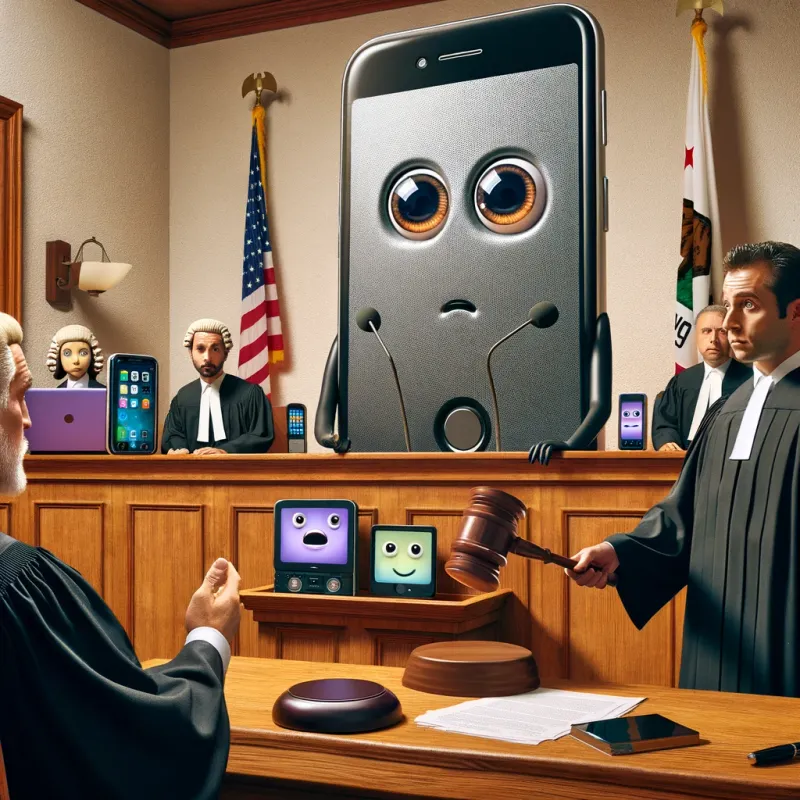Texts and WhatsApp in Florida
Apr 10, 2024

In the digital age, the way we communicate has fundamentally changed. Text messages, WhatsApp chats, voicemails, and messages from other apps have become essential to our daily interactions. As a result, these forms of communication are increasingly significant in legal proceedings. Understanding how to effectively use these digital messages as evidence in Florida courts can be a game-changer for attorneys, mediators, and private investigators. Here’s a comprehensive guide to leveraging this digital evidence.
Understanding the Relevance of Digital Evidence
Digital messages can provide crucial evidence in various types of cases, including criminal trials, civil lawsuits, and family law matters. These communications can help establish timelines, prove intent, demonstrate relationships, and more. For instance, in **State v. Torres**, 83 So. 3d 849 (Fla. 3rd DCA 2012), the court acknowledged the admissibility of text messages as evidence, emphasizing their potential to provide relevant insights into the case.
Legal Framework for Admissibility
To successfully introduce digital messages as evidence in Florida courts, attorneys must navigate several legal hurdles, including relevance, authenticity, and hearsay rules.
1. Relevance
Under the Florida Evidence Code (Fla. Stat. § 90.401), evidence must be relevant to be admissible. This means it must have any tendency to make a fact more or less probable than it would be without the evidence. Digital messages often meet this criterion, as they can directly relate to the matters being litigated.
2. Authenticity
Authenticating digital evidence is crucial. According to Fla. Stat. § 90.901, evidence must be authenticated before it can be admitted. This often involves demonstrating that the messages are what they purport to be. Methods of authentication can include testimony from a witness who can attest to the origin of the messages or metadata analysis showing timestamps and sender information. In **Lorraine v. Markel American Insurance Co.**, 241 F.R.D. 534 (D. Md. 2007), the court provided a detailed analysis of authenticating electronic evidence, which can be a useful reference for Florida practitioners.
3. Hearsay Rule and Exceptions
Digital messages are often considered hearsay, which is defined as an out-of-court statement offered to prove the truth of the matter asserted (Fla. Stat. § 90.801). However, there are numerous exceptions to the hearsay rule that can apply, such as admissions by a party-opponent (Fla. Stat. § 90.803(18)) or statements made for medical diagnosis (Fla. Stat. § 90.803(4)).
Using Specific Types of Digital Evidence
Text Messages
Text messages are straightforward to use in court, provided they are relevant, authenticated, and fall under a hearsay exception. For instance, in family law cases, text messages can be critical in demonstrating behavior patterns, custody arrangements, or compliance with court orders.
WhatsApp Messages
WhatsApp messages, like text messages, can be powerful evidence. They often include rich metadata, such as timestamps and delivery receipts, which can aid in authentication. The encrypted nature of WhatsApp also adds a layer of security and reliability to the evidence.
Voicemails
Voicemails can be particularly impactful due to the tone and context they provide. They can be authenticated by demonstrating that the voice on the recording matches the speaker, using expert testimony or corroborating evidence.
Practical Tips for Presenting Digital Evidence
Preserve Evidence Properly: Ensure that digital messages are preserved in their original format. Use screenshots, downloads, and backup tools to maintain the integrity of the evidence.
Chain of Custody: Maintain a clear chain of custody for digital evidence to prevent tampering allegations. Document who has accessed the evidence and when.
Expert Testimony: Consider using experts to verify the authenticity of digital messages and to explain technical aspects to the court.
Conclusion
Digital messages are increasingly integral to modern litigation. By understanding the legal requirements and strategic advantages of using text messages, WhatsApp chats, voicemails, and other digital communications, legal professionals can enhance their cases and achieve better outcomes for their clients.
For more insights and updates on leveraging digital evidence in Florida courts, stay tuned to our blog. At Hearsay, we’re committed to helping you navigate the complexities of modern litigation with cutting-edge tools and expert advice.
By following these guidelines, you can effectively harness the power of digital evidence, ensuring that justice is served in the digital age.
——
Hearsay is a cutting-edge app designed to extract texts and other messages from cell phones for use in litigation. Tailored specifically for legal professionals, including lawyers, trial attorneys, mediators, and private investigators, Hearsay streamlines the process of obtaining and preserving digital evidence from mobile devices. By leveraging advanced forensic tools and techniques, Hearsay ensures that collected data is accurate, reliable, and ready for court use. Additionally, Hearsay provides valuable resources and insights through its blog, aimed at helping legal professionals stay informed about the latest developments and best practices in digital forensics and evidence management. Contact us at support@usehearsay.com.
Here are some other interesting articles:
Interested in using Hearsay to get your client's messages? Click the links below.
Need something else? Contact us at hello@usehearsay.com.

Hearsay
The All-in-One eDiscovery Collection & Review Platform.
SOC2 Compliant
Platform
Practice Areas
© 2024-2026 No More Screenshots, Inc. All rights reserved.


